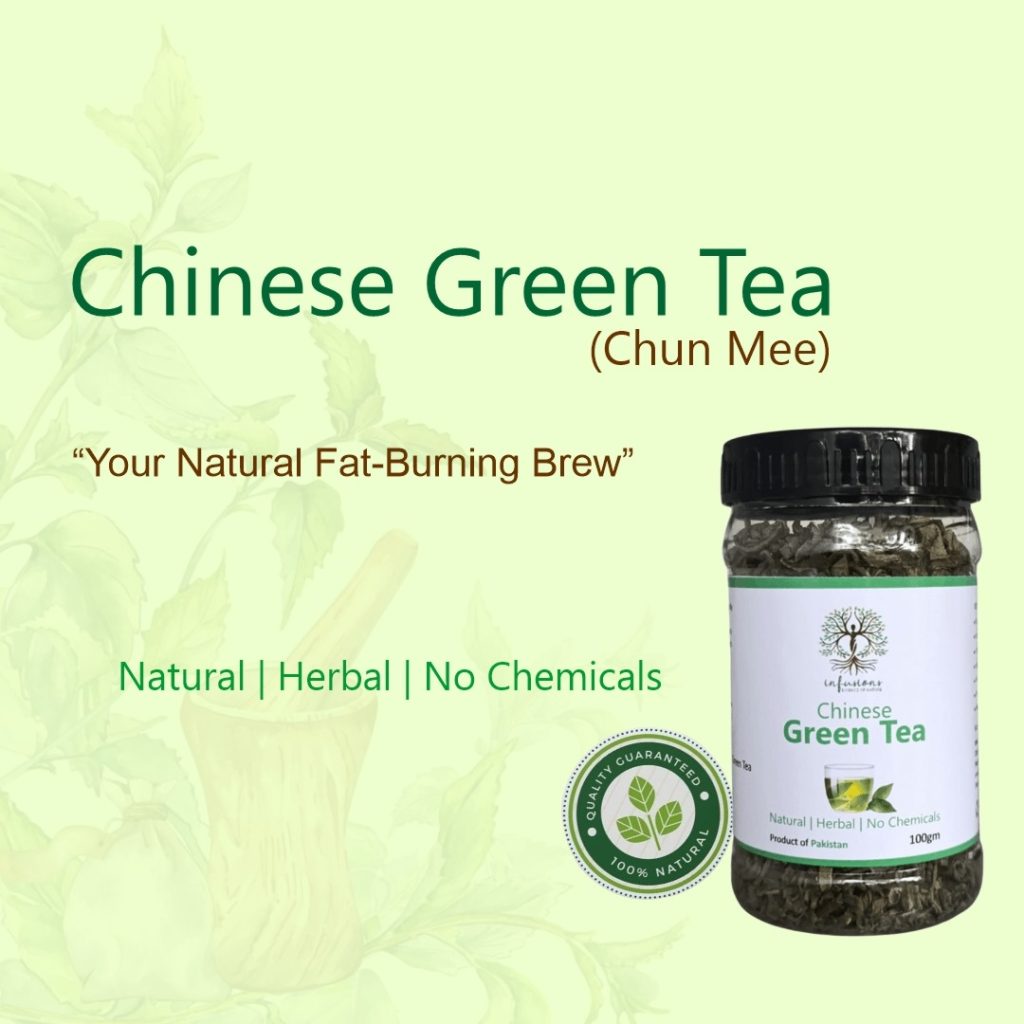
Infusions Pakistan – Bringing Health & Wellness Back Into Everyday Life
Because your health deserves nature’s touch. In today’s fast-paced world,

Protein is essential for muscle repair, immune function, and overall health. When it comes to meeting your daily protein needs, you have two main camps: Whey Protein (a popular dairy-derived supplement) and Natural Source Protein (whole‑food options like meat, legumes, and dairy). While whey protein offers convenience and high bioavailability, natural sources bring a spectrum of nutrients and fewer processing-related downsides. In this post, we’ll explore both sides—highlighting whey’s advantages and disadvantages, outlining the benefits of whole‑food proteins, and helping you choose the best approach for your health goals.
High Biological Value
Contains all nine essential amino acids in easily digestible form, making it ideal for post‑workout muscle repair.
Convenience & Speed
Mixes quickly with water or milk, perfect for on‑the‑go nutrition.
Fast Absorption
Rapid digestion spikes amino acid levels, which can jump‑start muscle protein synthesis.
Processing & Additives
Many whey powders contain artificial sweeteners, flavors, and anti‑caking agents.
Digestive Issues
Can cause bloating, gas, or diarrhea in lactose‑intolerant or sensitive individuals.
Nutrient Gaps
Lacks vitamins, minerals, fiber, and phytonutrients found in whole foods.
Cost Over Time
Regular use can be expensive compared to cooking whole‑food proteins.
Potential Contaminants
Some lower‑quality brands may contain heavy metals or impurities if not third‑party tested.
| Food Source | Protein (per 100 g) | Key Nutrients |
|---|---|---|
| Chicken Breast | 31 g | B‑vitamins, zinc, selenium |
| Eggs | 13 g | Choline, vitamin D, lutein |
| Greek Yogurt | 10 g | Probiotics, calcium, potassium |
| Lentils | 9 g | Fiber, iron, folate |
| Quinoa | 4.4 g | Magnesium, iron, fiber |
| Almonds | 21 g | Healthy fats, vitamin E, magnesium |
Complete Nutrient Profile
Whole foods deliver vitamins, minerals, antioxidants, and fiber alongside protein.
Satiety & Digestion
Fiber and healthy fats promote fullness and steady blood sugar.
Lower Processing
Less risk of additives, artificial ingredients, or hidden sugars.
Versatility in Diet
Easily incorporated into meals—grilled, stewed, baked, or raw.
| Criteria | Whey Protein | Natural Source Protein |
|---|---|---|
| Protein Quality | ✅ Very High | ✅ High (varies by source) |
| Absorption Rate | ✅ Fast | 🔶 Moderate to Slow |
| Micronutrient Content | 🔶 Minimal | ✅ Rich in vitamins & minerals |
| Fiber Content | ❌ None | ✅ Present in plant sources |
| Digestive Tolerance | 🔶 Can cause issues | ✅ Generally better tolerated |
| Cost per Serving | 🔶 Moderate to High | ✅ Often Lower |
| Additives | 🔶 Common (flavors, sweeteners) | ✅ None if unprocessed |
Daily Targets: Aim for ~20–30 g of protein per meal.
Hybrid Approach:
Post‑Workout: A small whey shake can jump‑start recovery.
Main Meals: Prioritize chicken, fish, eggs, legumes, and dairy for sustained nutrition.
Quality Matters:
If using whey, choose grass‑fed, cold‑processed, third‑party tested powders with minimal ingredients.
For natural sources, rotate between animal and plant proteins to cover all amino acids and micronutrients.
Meal Prep: Batch‑cook lean meats and legumes at the start of the week.
Mix & Match: Add Greek yogurt to smoothies for extra protein, probiotics, and creaminess.
Snacks: Keep hard‑boiled eggs, edamame, or nut packs on hand.
Label Reading: Check whey powder nutrition panels for sugar, carbohydrates, and artificial additives.
Hydration: Increased protein intake can raise kidney load; drink plenty of water.
While whey protein offers quick absorption and ease of use—especially around workouts—it comes with processing-related drawbacks, potential digestive issues, and fewer companion nutrients. Natural source proteins, on the other hand, deliver a broad spectrum of vitamins, minerals, fiber, and healthy fats, supporting not just muscle growth but overall health. The optimal strategy blends both: leverage whey for targeted post‑exercise recovery, but build the bulk of your protein intake from whole foods.
What’s your go‑to protein source? Share your favorites below and let’s discuss how you balance convenience with nutrition!


Because your health deserves nature’s touch. In today’s fast-paced world,

Herbal adaptogens stress management offers natural support to calm anxiety,

Green tea weight management harnesses powerful antioxidants (EGCG) to boost